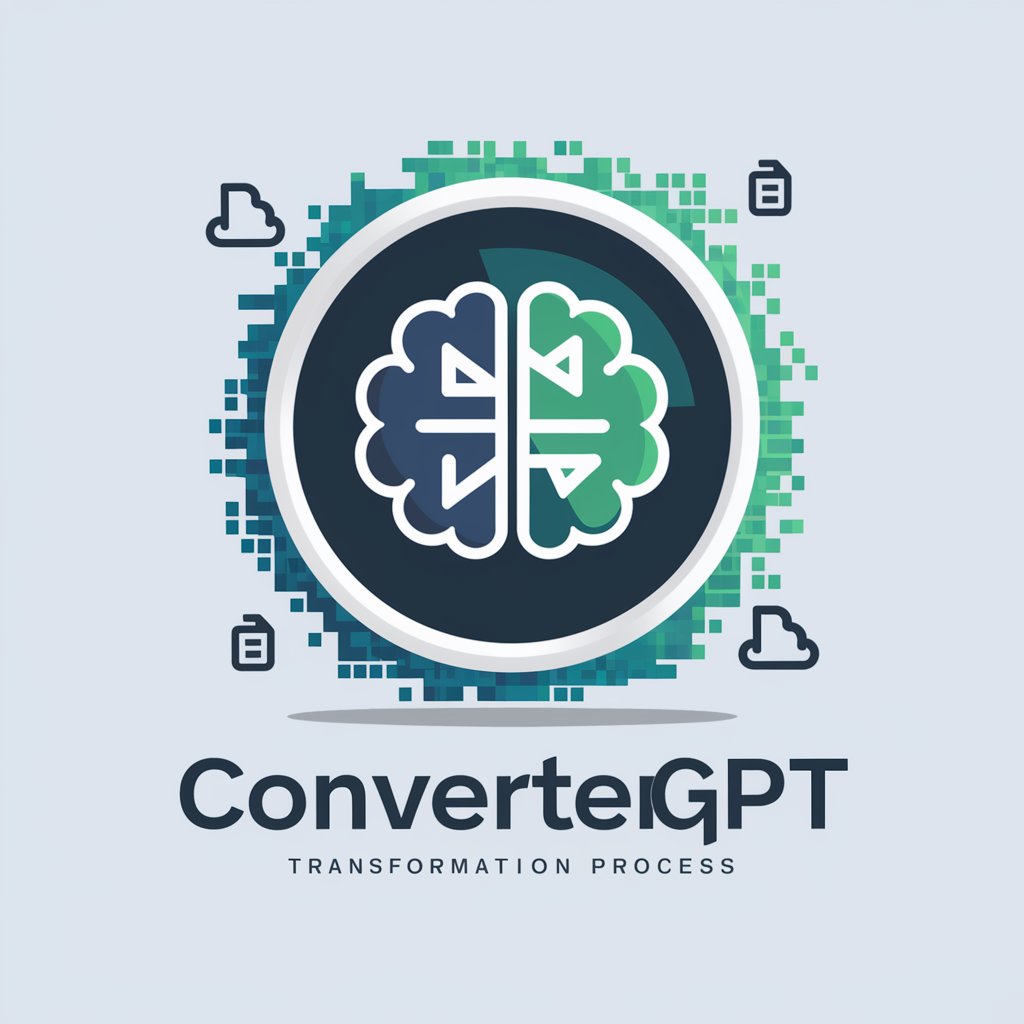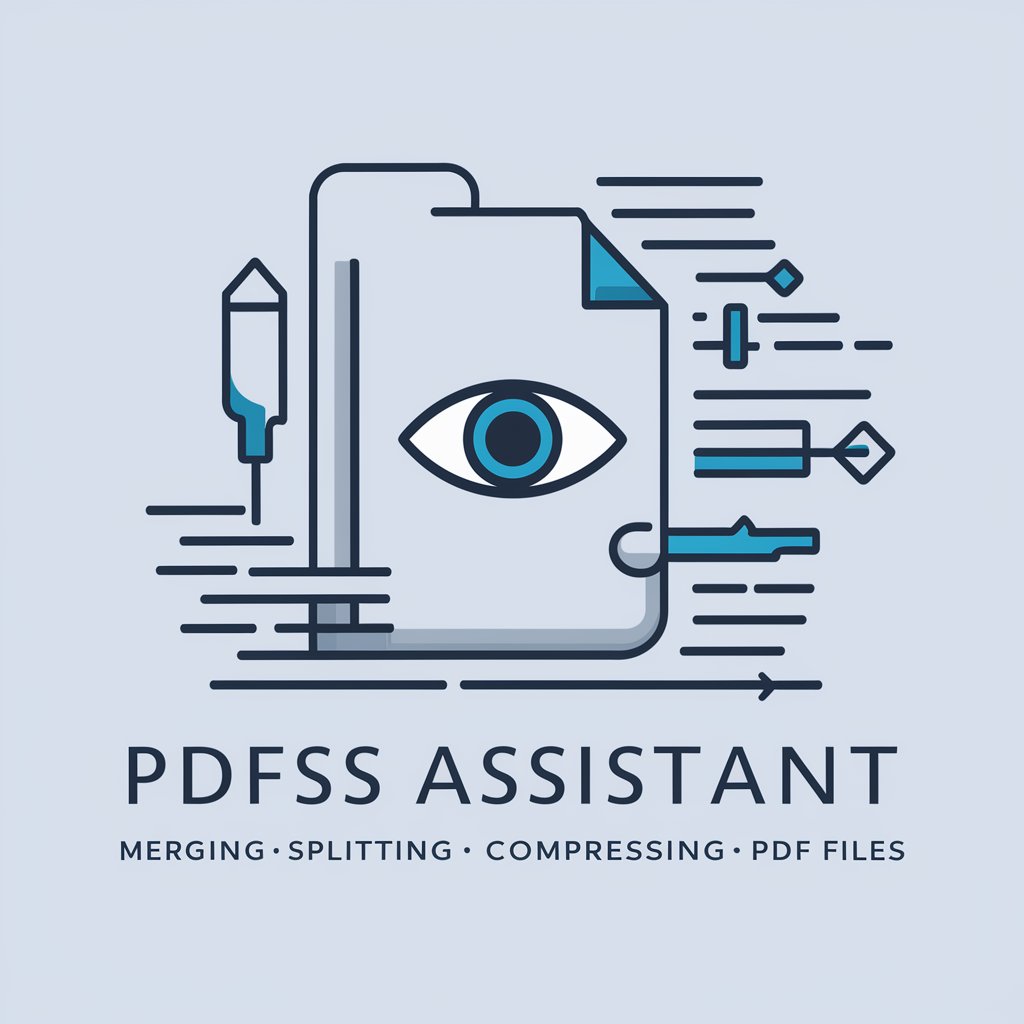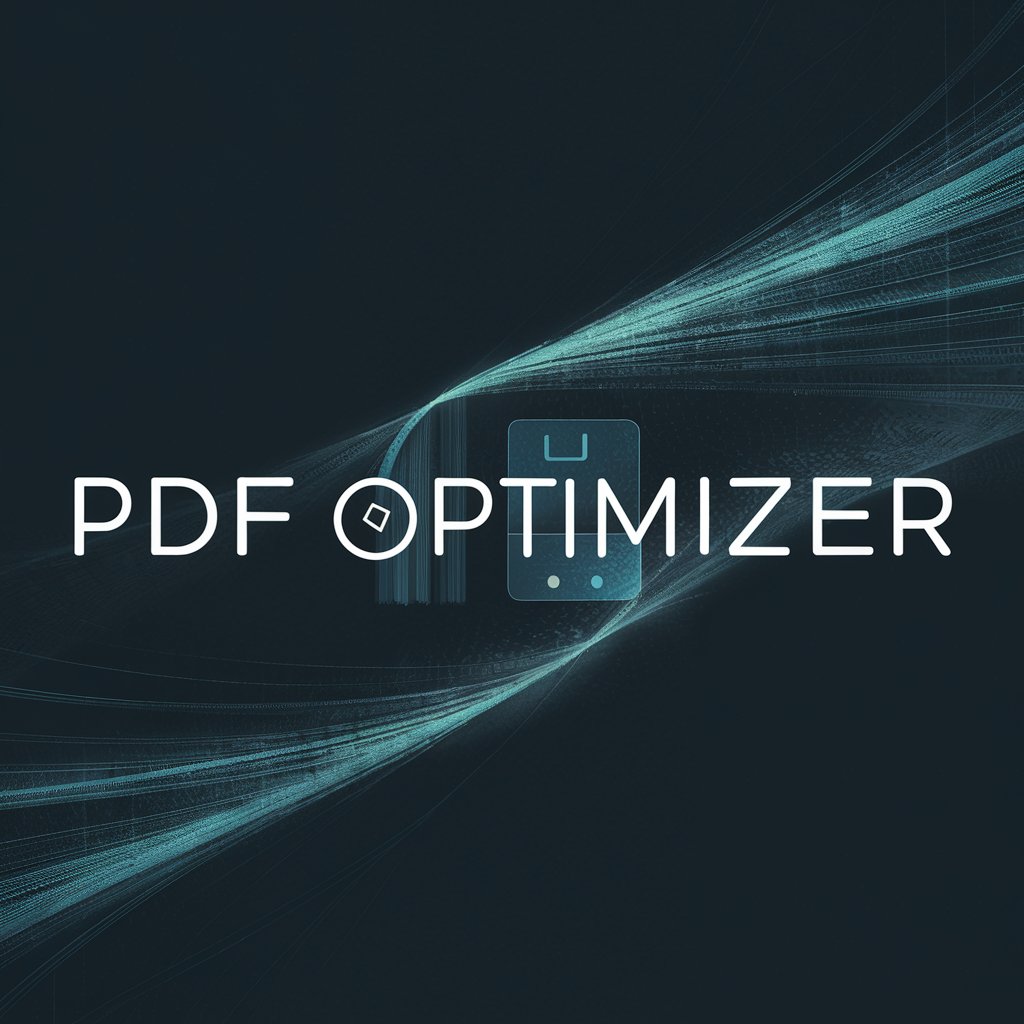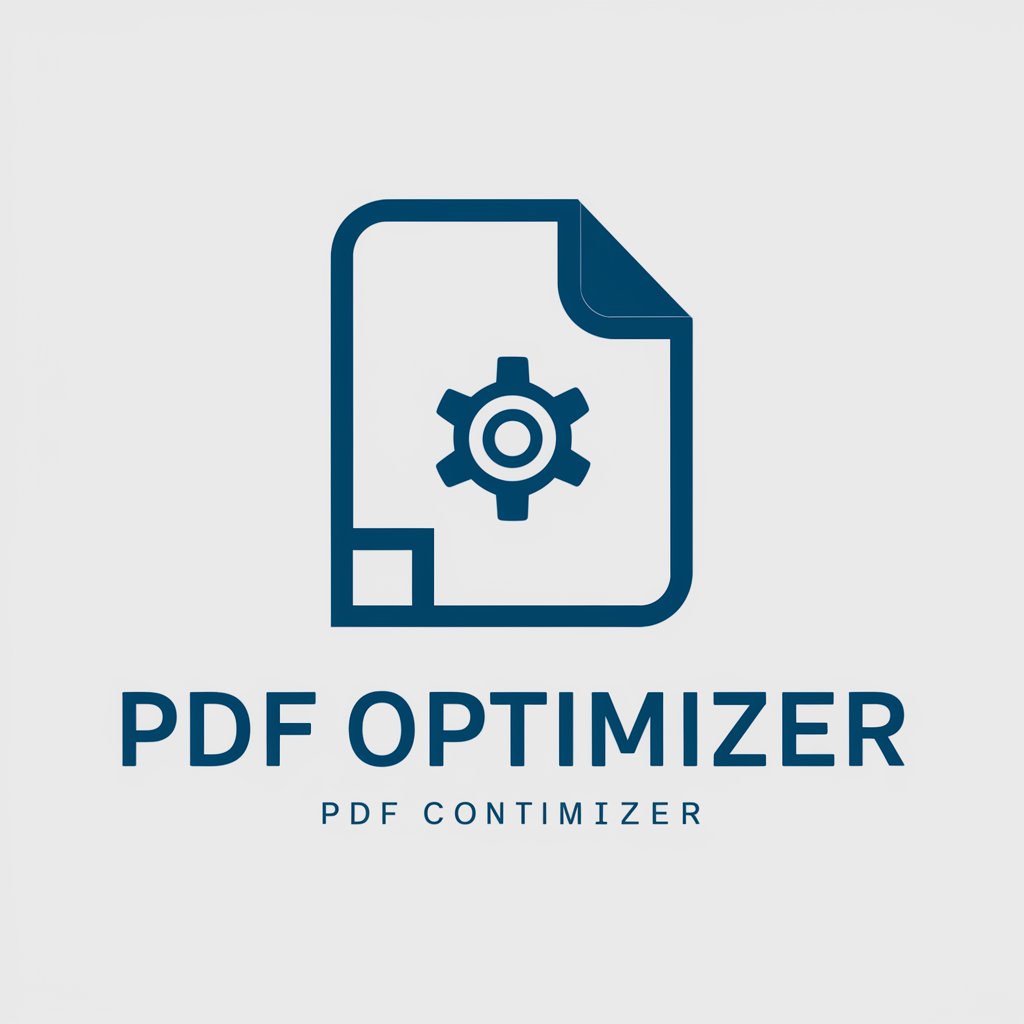13 GPTs for File Compression Powered by AI for Free of 2026
AI GPTs for File Compression are advanced artificial intelligence tools designed to optimize and enhance the process of reducing the size of files. Utilizing the capabilities of Generative Pre-trained Transformers, these tools are specialized in interpreting and executing tasks related to file compression efficiently. By leveraging AI, they provide smart, context-aware solutions that can dynamically adapt to various compression needs, making them highly relevant for managing data storage and transfer more effectively.
Top 10 GPTs for File Compression are: Converter Pro,File Converter,FilesConvert GPT,PDFs Assistant,PDF Optimizer,Best Free File Converter,PDF Optimizer,ConvertAnyFile,SPARK ✧ Convert,Format Flex
Converter Pro
Transform files effortlessly with AI

File Converter
Transform files effortlessly with AI

FilesConvert GPT
Transform Any File, Anywhere, Instantly

PDFs Assistant
AI-powered, efficient PDF processing

PDF Optimizer
AI-powered, efficient PDF compression

Best Free File Converter
Transform files effortlessly with AI

PDF Optimizer
Optimize PDFs effortlessly with AI

ConvertAnyFile
Transform files effortlessly with AI

SPARK ✧ Convert
AI-powered, versatile file conversion

Format Flex
Transform Files Effortlessly with AI

Documentation simplifier
Simplify your documents with AI

Конвертор Файлов
Transform files effortlessly with AI

ConvertTheWorld [ARTOfficial Intelligence LLC]
Transforming files, powered by AI
![ConvertTheWorld [ARTOfficial Intelligence LLC] in GPT Store](https://r2.erweima.ai/i/52DAgLsPTPSOZ59jhRVkOQ.png)
Key Attributes and Functionalities
The core features of AI GPTs for File Compression include advanced algorithms for data reduction, adaptability to different file types (images, videos, documents), and the ability to maintain high-quality standards post-compression. These tools often come with language understanding capabilities for processing instructions in natural language, technical support for troubleshooting, and the potential for integration with web services or databases for online compression tasks. Special features might also encompass image optimization without significant loss of quality and secure data encryption for privacy assurance.
Who Benefits from AI-Powered Compression Tools
AI GPTs for File Compression are beneficial for a wide audience range, from technology novices seeking easy-to-use solutions for personal data management to developers and IT professionals requiring advanced, customizable tools for optimizing storage and enhancing data transfer processes in enterprise environments. These AI tools are accessible to users without programming skills, yet offer extensive customization options for those with technical expertise.
Try Our other AI GPTs tools for Free
Data Breach Management
Explore the transformative potential of AI GPTs for Data Breach Management, offering cutting-edge solutions to secure data and manage breaches with precision and efficiency.
Property Management
Revolutionize your property management with AI GPTs: automate tasks, enhance efficiency, and improve decision-making with our advanced AI solutions.
Resident Communication
Explore AI GPTs for Resident Communication: revolutionizing how communities interact, with tailored, efficient, and inclusive digital solutions.
Maintenance Scheduling
Explore how AI GPTs revolutionize Maintenance Scheduling with predictive analytics, intuitive interfaces, and seamless integration capabilities, optimizing operations and enhancing efficiency.
Vlog Storytelling
Revolutionize your vlogging with AI GPTs for Vlog Storytelling: intuitive tools designed to enhance storytelling through advanced AI-driven content creation and personalization.
Holiday Celebrations
Discover how AI GPTs for Holiday Celebrations can transform your festive planning with personalized content, event ideas, and more, making every holiday unforgettable.
Further Perspectives on AI-Driven Compression
AI GPTs for File Compression represent a leap forward in data management technology, offering scalable, efficient solutions across sectors. Their adaptability and user-friendly interfaces make them an ideal choice for integrating into existing digital ecosystems, potentially revolutionizing how we store, share, and manage data.
Frequently Asked Questions
What exactly are AI GPTs for File Compression?
AI GPTs for File Compression are intelligent tools that apply the power of Generative Pre-trained Transformers to the process of reducing file sizes, optimizing data storage and transfer.
How do these AI tools adapt to different types of files?
These AI tools use advanced algorithms to analyze the content of various file types, adjusting compression techniques to maintain quality while effectively reducing size.
Can non-technical users operate these AI GPTs effectively?
Yes, these tools are designed with user-friendly interfaces that allow non-technical users to execute compression tasks easily through natural language instructions.
What customization options are available for developers?
Developers can access APIs and programming interfaces to customize compression algorithms, integrate with existing systems, and automate workflows.
Are there any special features for image compression?
Yes, some tools specialize in image compression, offering optimization that significantly reduces file size while preserving visual quality.
How do AI GPTs ensure data privacy during compression?
These tools can include encryption and secure processing protocols to protect data privacy, ensuring that files remain confidential during and after compression.
Can these tools compress files stored online?
Yes, through web integration capabilities, some AI GPTs can compress files directly on cloud storage platforms, streamlining online data management.
Do AI GPTs for File Compression support batch processing?
Many of these tools support batch processing, allowing multiple files to be compressed simultaneously, saving time and effort for users.